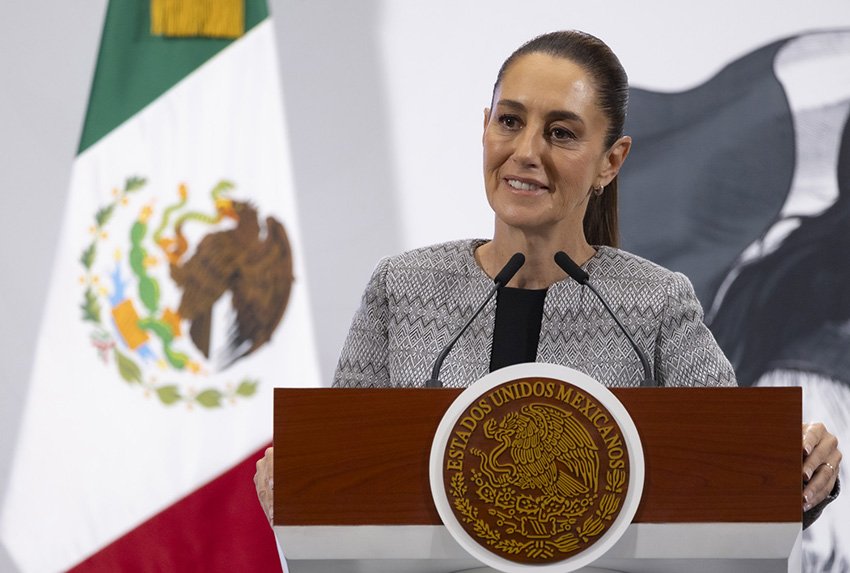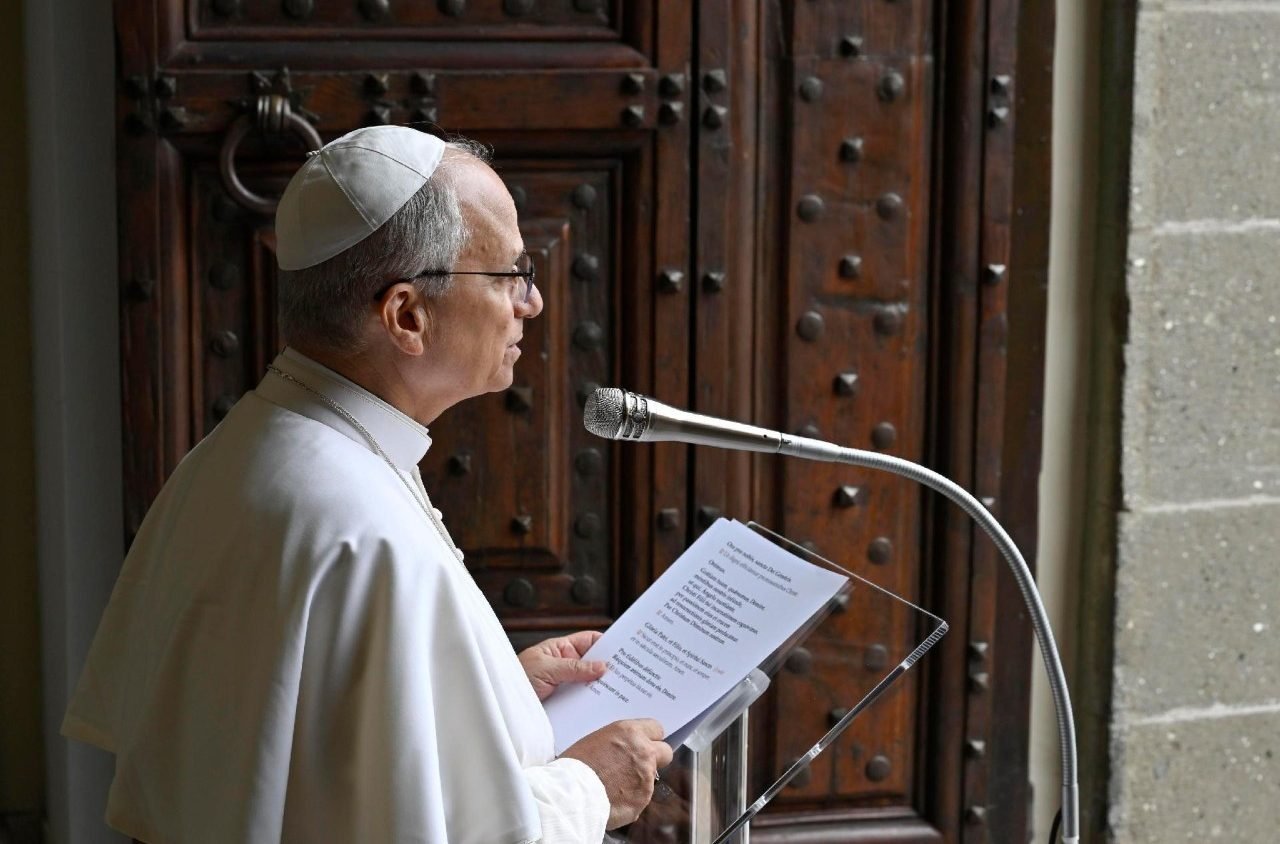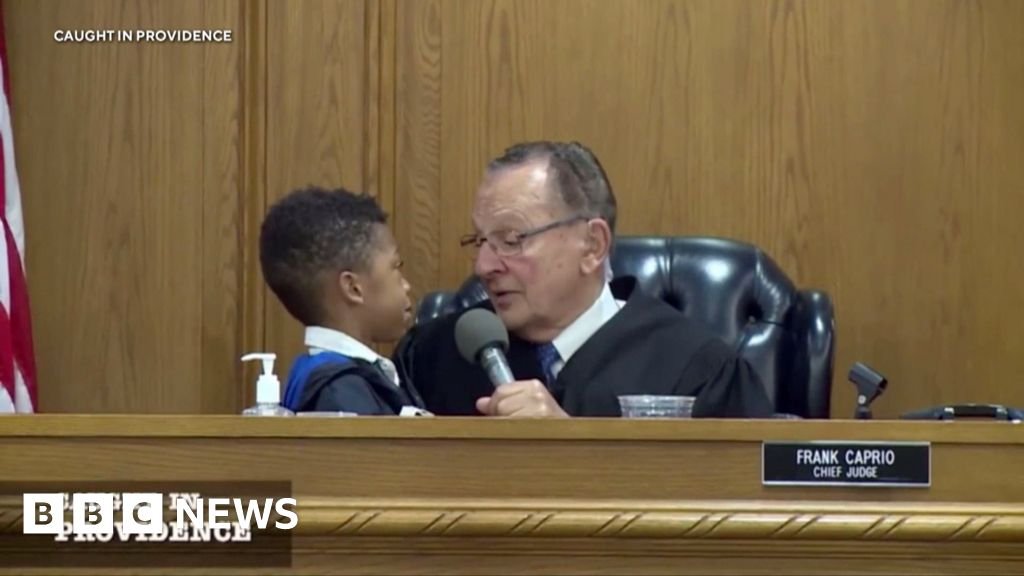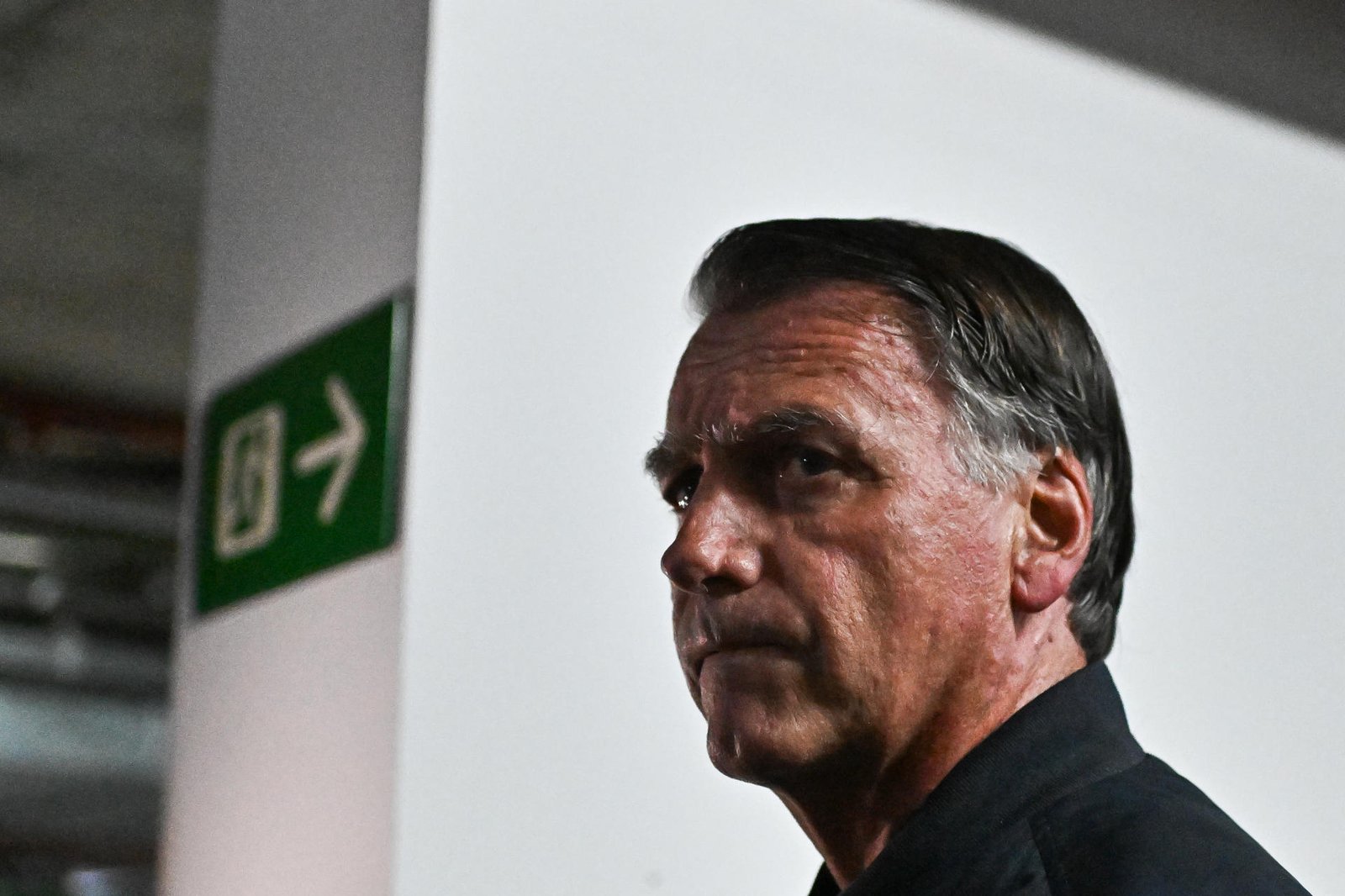The use of cell phones in schools, the arrest of 11 Colombians in Michoacán and the closure on Wednesday of six Mexico City museums were among the topics President Claudia Sheinbaum spoke about at her Thursday morning press conference.
Here is a recap of the president’s June 5 mañanera.
Should cell phones be allowed in schools?
A reporter asked the president about a proposal in Jalisco to ban cell phones in primary and middle schools.
Sheinbaum said it was up to individual states to decide whether to prohibit phones in schools or not, but asserted that it’s “important” that they not be used in classrooms or during students’ break time.
“In other words, children should have a space where they don’t have to be using their phone,” she said.
“… There are a lot of studies about the impact the intensive use of cell phones has on girls and boys,” Sheinbaum said, adding that phone usage can contribute to “learning problems and many other issues.”
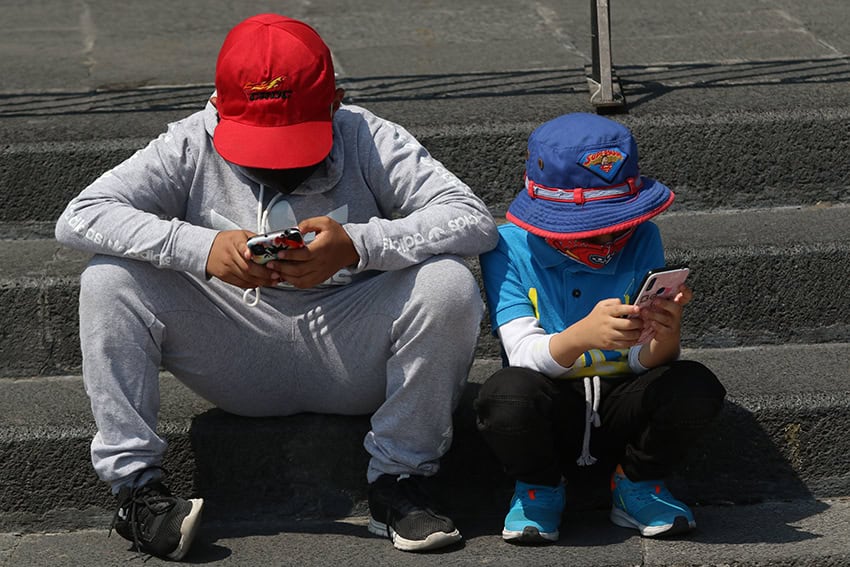
“So it’s important that it not be used. A ban — that’s a decision for each [federal] entity,” she said.
Rather than banning the use of phones in schools, Sheinbaum said that her government favors educating children about why they shouldn’t use the devices in the classroom.
“The will of a person, of the child, is better; that he or she learn why not to use it,” she said.
Sheinbaum acknowledges arrest of Colombians in connection with National Guard deaths
A reporter highlighted that Colombian President Gustavo Petro “declared that there is involvement of Colombian mercenaries in Mexican drug cartels.”
Petro was referring to 11 former Colombian soldiers who were arrested last week in connection with the death of eight members of the National Guard, who were killed by the explosion of a land mine in the municipality of Los Reyes, Michoacán, on May 27.
Six Mexicans were also detained in connection with the crime.
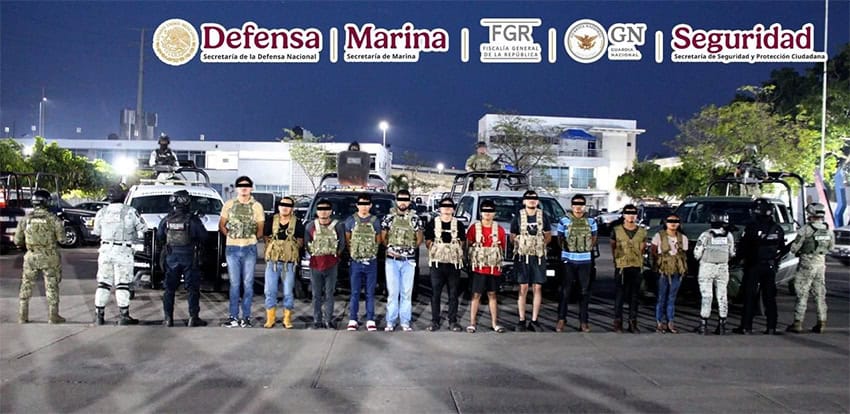
Sheinbaum acknowledged that a number of Colombians were among the “members of a criminal group” who were arrested. She was referring to the Cártel de los Reyes, based in Los Reyes, Michoacán.
“It’s not the first time that people of this nationality have been arrested [in Mexico]. In Mexico City, when I was mayor, there were also arrests of [people] of other nationalities, but particularly Colombians,” Sheinbaum said.
She said she had spoken to Petro about creating a “high-level group” to examine “security issues between Colombia and Mexico.”
“… There is coordination and we’re strengthening information, the capacity for joint collaboration,” Sheinbaum said.
Asked whether she could confirm the presence of Colombian “mercenaries” in Mexican organized crime groups, she said:
“There have been arrests. … You can ask on Tuesday so that the security minister provides greater details, but there have been arrests in Mexico … [of] people of Colombian nationality.”
Mexico City museums reopen
A reporter asked the president about the closure on Wednesday of various museums in Mexico City due to problems related to the hiring of security personnel.
The National Anthropology Museum and the National History Museum in the Chapultepec Castle were among six museums affiliated with the National Institute of Anthropology and History (INAH) that shut their doors.
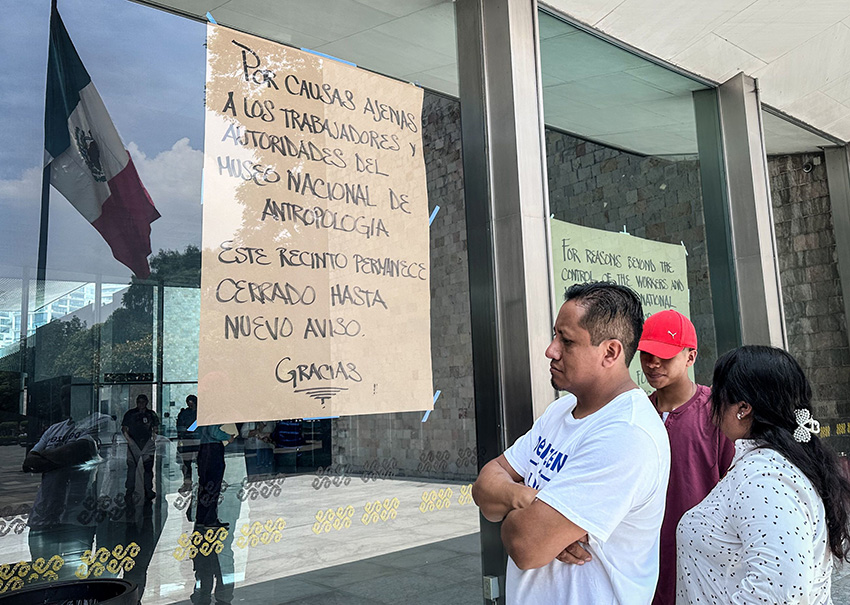
Sheinbaum assured reporters that the museums would reopen on Thursday, and that indeed was the case.
She said that “there was a problem” related to the awarding of contracts after INAH ran a bidding process to find new security personnel for their museums.
“That’s why they closed,” Sheinbaum said.
Asked whether private security personnel or police would be on duty at the museums on Thursday, the president said officers with the capital’s Policía Auxiliar, or Auxiliary Police, force would be present.
In 2024, the National Anthropology Museum and the National History Museum were the two most-visited museums in Mexico City, which has a total of 189 museums, according to the city government.

